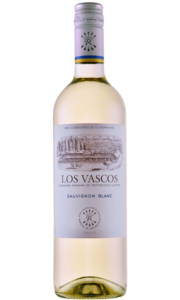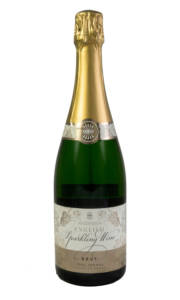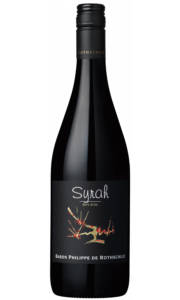
A flavourful insight into wine terminology
For those who don’t understand how a wine can be dry or what is meant by a rich wine with a long aftertaste, this is the article for you!
Sometimes understanding what a wine expert is talking about in relation to flavour is a language all of its own. With people having a different idea of what terms such as dry, luscious and rich mean, this guide will help you understand the official terms used by the wine experts.
Attack: This refers to the first taste of a wine.
Blunt: Strong in flavour but lacking in aromas.
Complex: A complex wine is one where you can taste defined flavours.

Los Vascos Sauvignon Blanc 2018, fresh clean and very fragrant with great complexity. (Was: £10.63 Now: £7.29)
Concentrated: The more concentrated a wine is, the stronger the flavour and colouring will be.
Creamy: These wines have a similar texture to cream or butter and are rich with a low acidity.

To try a wine with a creamy palate, the Waddesdon Manor Sparkling Wine offers notes of green apple, peach and hazelnut. (Was: £29.17 Now: £24.96)
Dry: Dry wines are low in sugar.
Intense: These wines have strong, distinctive flavours.
Luscious: This describes wines with a high sugar content.
Mid-Palate: This describes the sensation between the initial taste and the finish, when the majority of flavours are released.
Rich: These wines are concentrated with reminiscent sweet flavours.

Syrah Pays d’Oc, powerful and rich this wine is also well-balanced and not overpowering. (£8.29)
Tasting Note: This simply describes what you can taste.
Browse our professionally chosen selection of wines on our online shop
Find out more about wine at Waddesdon and experience it in person




